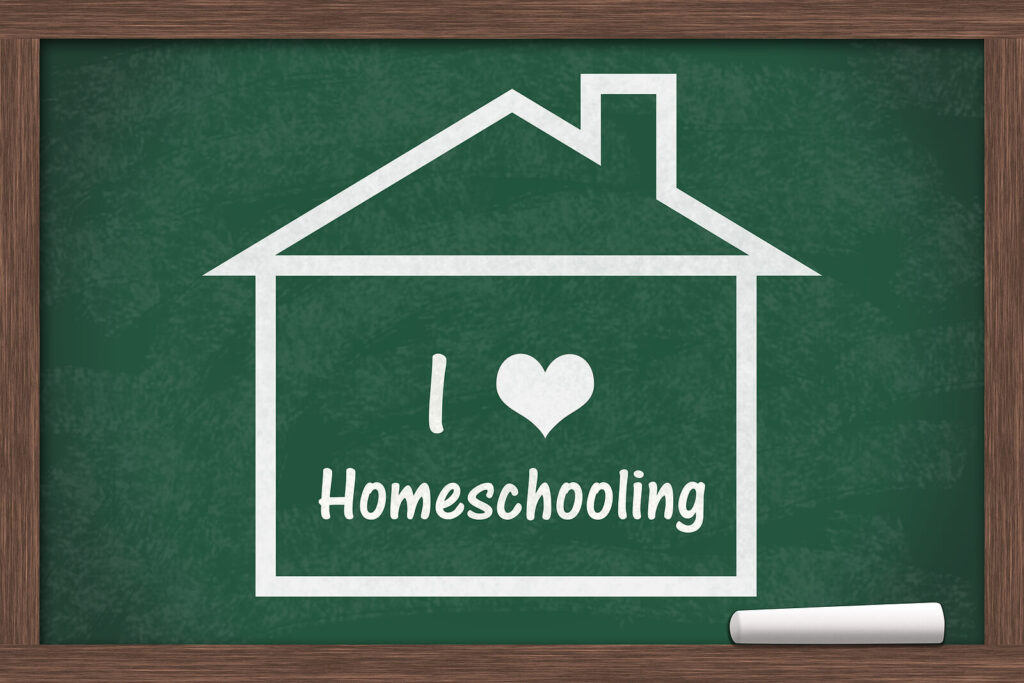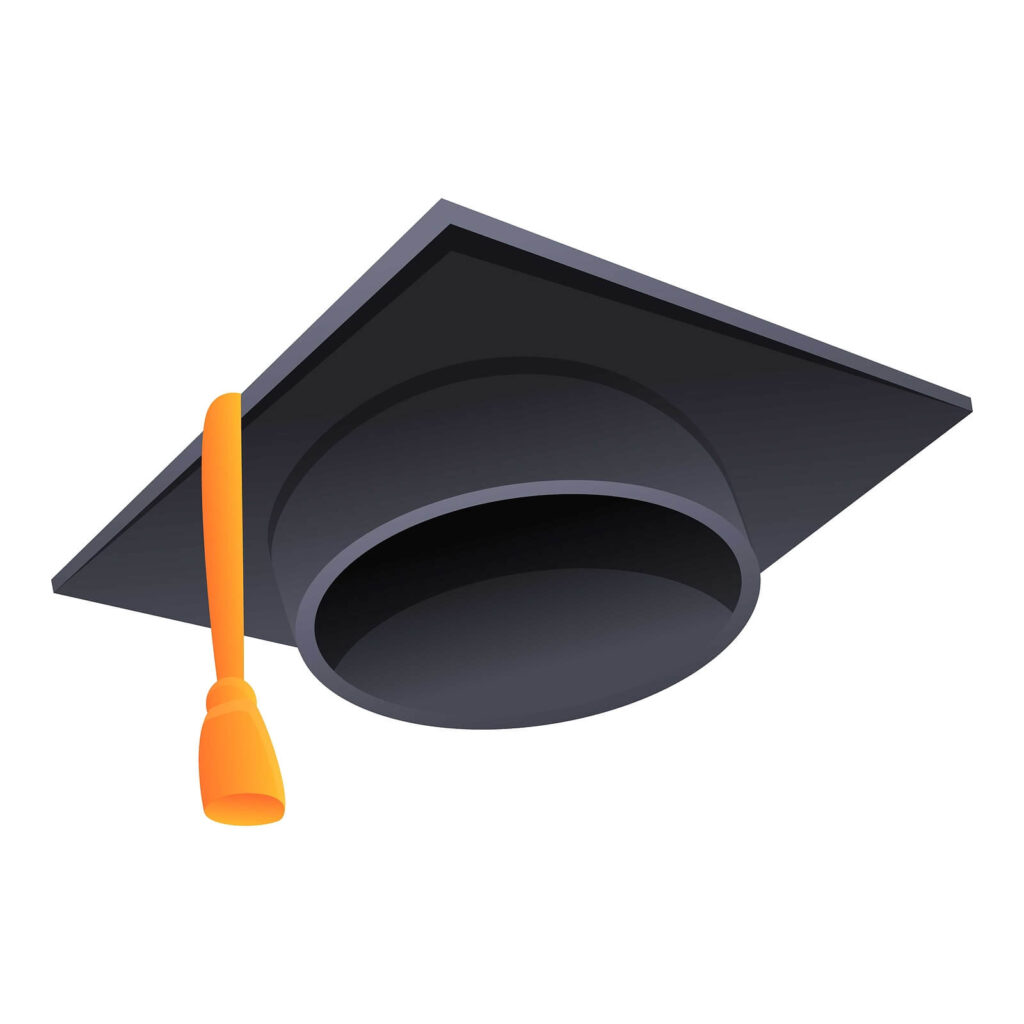
5 Resources for Neurodivergent Kids in San Francisco
Historically, San Francisco celebrates its cultural diversity, inclusivity, and acceptance. Yet, despite the ‘openness’ of the city, it can still be harder for autistic and other Neurodivergent** folks to thrive here than it should be. Parents often struggle to secure appropriate accommodations and services in schools. Therefore, kids may still feel isolated or unsupported by peers and adults. And yet, there are some fantastic resources available in San Francisco that empower Neurodivergent kids. Here are a few hidden gems our Neurodivergent affirming psychologists want to share with you…
**Neurodiversity is a concept that recognizes and celebrates the unique strengths and abilities of individuals with neurological differences. Such as autism, ADHD, dyslexia, and other developmental conditions.
1. Parent Education/Advocacy Support:

-
- Support For Families (SFCD) is a parent-run organization that offers free parent-to-parent support, education, and information for families with any disability. Located in San Francisco, SFCD offers resources and events both online and in person for youth and families.
-
- For parents of young children, the San Francisco Department of Early Childhood offers a network of Family Resource Centers in 26 different neighborhoods throughout San Francisco. These centers offer workshops, classes, playgroups, parent support groups, information, and advocacy support.
-
- The nonprofit organization CASE (the Community Alliance for Special Education) helps families advocate for a high-quality education for their children in public schools by providing technical assistance consultations on special education rights, responsibilities, and services, direct advocacy support through the IEP/504 process, and a know your rights training related to special education and services for families and professionals.
2. Alternative Education:

Homeschooling can be an excellent option for neurodivergent children. It provides a personalized education tailored to their interests and needs.
-
- Interested parents may want to start with the Homeschool Association of California. It provides information about the logistical/legal aspects of homeschooling and a list of resources by county.
-
- For more structured support, consider a homeschool charter or district Independent Study program. This list contains available programs for families living in San Francisco and all other California counties. SFUSD does not currently offer a full homeschool program other than the Online Learning Program (OLP) for medically fragile students. However, they do have this list of digital resources for students learning at home. High School students could also consider Independence High School. Independence High School offers a flexible schedule with part-time learning at home.
-
- Join the Bay Area Homeschool Network Facebook group. Where over 7,000 members provide lots of great information about park days, classes, and other enrichment opportunities. Or, network in person at the Homeschool Association of California (HSC) conference offered annually in California.
-
- Overwhelmed by the idea of homeschooling? Consider working with a homeschooling consultant like Jamie Heston. A local veteran homeschooler who offers free workshops, information, and paid consultations.
3. Assistive Technology

By leveraging technology, Neurodivergent children can more easily access educational materials, express themselves, and reach their full potential. Assistive Technology may include low-tech tools like notebook organizational systems, raised line paper, or pencil grips. Or, technology high-tech tools such as text-to-speech software, graphic organizers, and digital platforms.
-
- ILRCSF, located in San Francisco is a community-based not-for-profit organization that provides support, information, and advocacy based on your child’s needs. Their resources are especially helpful for older teens and adults, but they welcome people of all ages. Their core program includes: assistive technology, independent living skills, peer support, information and referral services, institutional transition and diversion support, systems change advocacy and training, and youth services.
-
- While not physically located in San Francisco, The iTech Center at Parents Helping Parents provides low-fee online consultations to families. That way, they can explore options and try out technologies. PHP AT Specialists host related training and workshops and maintain a variety of AT toolkits available for loan for Parents Helping Parents members.
-
- ACTS is a private agency serving the needs of individuals with limited or no speech who require augmentative communication (AAC) and assistive technology (AT).
4. Places to Pursue Their Passions

Many Neurodivergent kids have unique interests and may like to dive deep. Helping your child connect with other kids who share the same affinity can be key in providing them with opportunities for joy. As well as creative and intellectual stimulation, and a sense of belonging.
-
- If you and your child love being outdoors and meeting new people, Achilles San Francisco is perfect. They offer hikes, playdates, meets, races, and much more for people of all ages with any disability.
-
- If your child is a math or Science lover, they might like to participate in a math circle like San Francisco Math Circle or an after-school club like FireCracker Math. Middle and High School students can participate in the American Regions Math League NorCal SF Bay Area Division. Cal Academy of Sciences offers a number of youth programs for budding scientists. Or, try blending math with engineering, and computer programming, through a Robotics program like First Robotics. Possibly a camp that includes many aspects of math like Lavner Education.
-
- Those passionate about literature, philosophy, or writing might enjoy a writing program at 826 Valencia or an online program like Night Zookeeper. Kids with a penchant for drama, acting, and singing might like to participate in YPT youth theater or the youth chorus. Try one of the many free afterschool arts programs for high school students through the Youth Art Exchange.
-
- Board/Card Game Stores/Cafes like Versus Game Cafe, The Game Parlour, or Gamescape can make a perfect outing for families or kids to connect.
5. Transitional Age Resources

As teens prepare for life after high school, families may wonder what’s next. Also, who will help their Neurodivergent teen through this potentially tumultuous time? Fortunately, there is a growing network of support for this age group.
-
- California’s network of Community Colleges provides a relatively low-risk way for many students to explore possible career options and areas of interest while working towards a professional certificate, associate degree, or transfer to a 4-year college. Students attending City College in San Francisco, or Skyline College in San Bruno, should connect with the Disability Resource Center at their campus for support with accommodations and accessibility resources. Statewide programs like The California Promise Program (for students who are low-income, first-generation, and/or from underrepresented communities).
-
- Many families we work with have been unaware of the support available through the California Department of Rehabilitation. They offer resources and assistance with college and career readiness. Once their Neurodivergent child turns 16, parents can register with the DOR online or reach out to the local DOR office in San Francisco. If eligible, connect with supports like career counseling, assistive technology, vocational training/cooperative work programs, and student services.
-
- Evolibri Consulting offers a variety of services to help Neurodivergent adolescents and young adults (and their families) “navigate the waters into independence.” Individual therapy, life coaching, career/employment coaching, skills “boot camps”, and informal social groups for teens, parents, and Autistic adults are some of the many ways Evolibri helps clients prepare for college, employment, and independent living. While they are physically located in Santa Clara, the services they offer are so unique, that we still mention them here.
The Power of Community and Support
With adult support and these community connections, Neurodivergent kids can reach their full potential and lead fulfilling lives. If you’ve come across any other helpful resources for your Neurodivergent child, please reach out to Mind Matters! We’d love to share them with our community.
Get an Evaluation for Your Child in San Francisco, CA
These tests are administered by neurodiversity-affirming Licensed Psychologists (or Licensed Educational Psychologists) and provide valuable insights into their learning profile and cognitive strengths. The analysis you receive from Mind Matters helps you tailor their accommodations and interventions to their needs, and opens up paths to success for your child. Follow these steps to get started:
-
- Reach out to schedule an appointment.
- Schedule your child’s psychoeducational evaluation at our San Francisco office, CA.
- Empower your child’s journey to thrive!
Other Services We Offer in Berkeley & San Francisco
If our office in San Francisco, CA is too far away for you, we also have an office in Berkeley, CA. In addition to psychoeducational and neuropsychological evaluations, we have neurodevelopmental screenings. If that’s not what you’re looking for, we offer services for parent guidance sessions and school meetings. In addition, we have ADHD testing, dyslexia testing, and learning disability testing.

One thought on “5 Resources for Neurodivergent Kids in San Francisco”